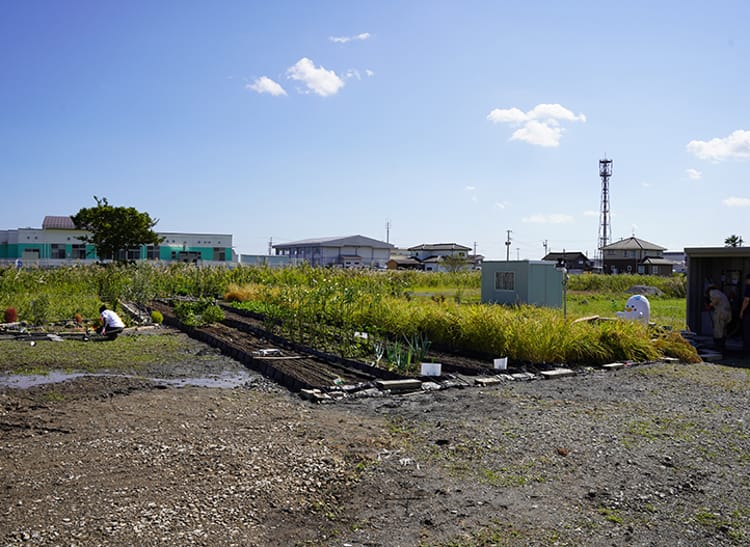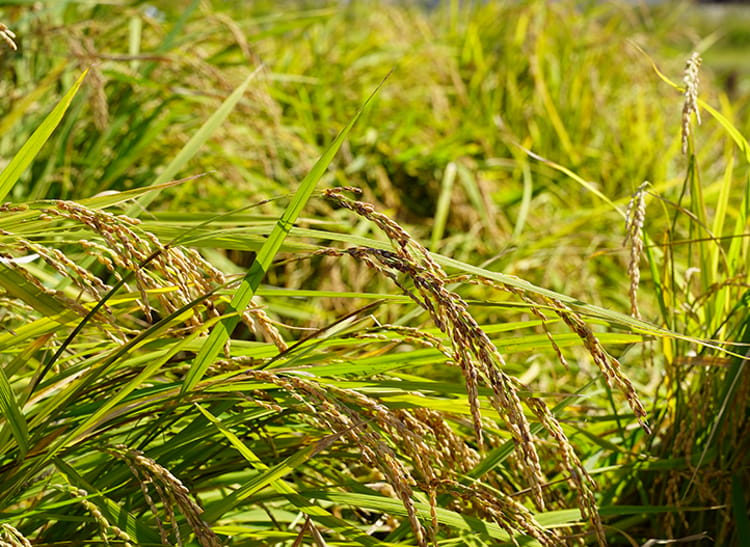Seeds of change are growing thanks to precision agriculture
Once a month, I head to Tohoku, which 10 years after the devastating Great East Japan Earthquake and Tsunami of 2011 that followed, is still a place that’s totally transformed.
Before the earthquake, this rural, coastal area looked much like other ordinary residential towns in Japan. But people’s homes, livelihoods and senses of normalcy were all washed away. The land has yet to recover, and in some places it’s still too dangerous to rebuild permanent structures here. However, there are lots of memories and there is also a lot of hope. Every month when I stay for two weeks at the prefecture, hope is what I am focused on.
Despite all the devastation, there are seeds that are growing. One of those blossoming is the Menorah International Leadership Center, a community and leadership center built by my organization, NPO Celia Circle. It allows the people that once lived there to come together and be their most authentic selves. I’m Indonesian, Jewish, a musician and a businessperson. After the tsunami, a former Israeli Ambassador asked me to assist Israeli volunteers travelling to Japan to aid the people of Tohoku immediately after the earthquake. After their mission ended, I continued to provide support to the residents of temporary housing, local nursery schools and kindergartens. I would come and visit the children every month, teaching them art, dancing and, showing them the power that music and culture have in bringing light into our lives during the darkest moments.
But in a place where so much has been wiped away, I realized I wanted to build something that would last. Thus, the idea of the Menorah International Leadership Center was born, providing a place where trauma can be spoken of openly, something that is unique in Japanese culture. Creativity is also used there as a therapeutic force for good. In a corner of the earth where so much was taken away, NPO Celia Circle has built a safe space to gather again. It’s powerful, and I’m honored to be a part of the region’s recovery.
And as we’re growing a community here in Watari Town, Miyagi Prefecture, we’re also growing something more palpable — rice.

Take one look at aerial photos of the land in Watari Town and you’ll understand that this is still a disaster zone. The earth in many places remains ruined. And yet, despite the odds, we are growing food here. With the establishment of the Menorah Farm at the Center, we are growing and harvesting rice, strawberries, and other crops thanks to technologies from three companies: Netbeat from Netafim, green heating solutions from GHT Japan, and growing gutters and soil from Noyusha.
Netafim donated not only their groundbreaking irrigation technology to Menorah Farm but also their advisory and maintenance staff at no charge. It has changed the land, and as a result, is now changing lives. While the local average yield of rice is 510 kilos per 1,000 square meter paddy, with Netafim’s irrigation methods, this could be increased to 666 kilos. During 2021, we harvested 40 kilos on 60 square meters and cultivated two types of rice: Hitomebore and Sasanishiki, the latter of which is for making sushi and is especially difficult to grow successfully. The community eats the rice it produces and growing traditional crops like rice with contemporary technology renews the people’s sense of pride in the land and restores roots to a place that even a tsunami cannot entirely flood away.

Today in Tohoku, on the surface, things look bleak — scattered permanent housing, poor soil, and a community still suffering the effects of trauma. But scratch the surface and you’ll find so much growing. There is food in the soil and there is a community of all ages at the Menorah International Leadership Center. I am so proud of what is being built here, and so grateful to the people of Watari Town, my supporters, Israel, and specifically Netafim, GHT Japan and Noyusha for all the tools and support they have provided to help make it happen.

